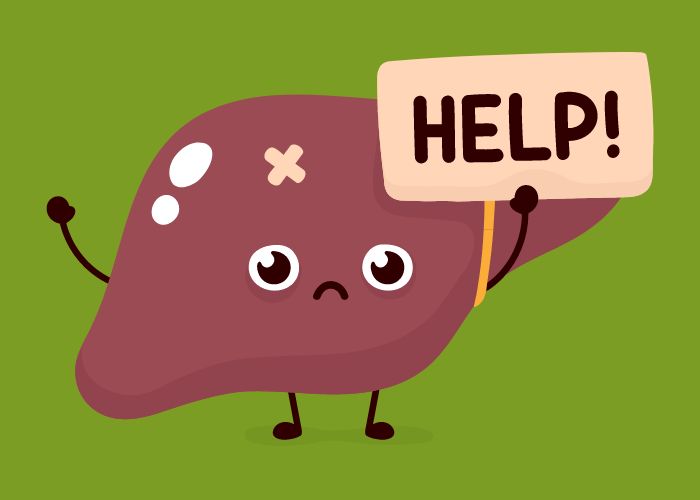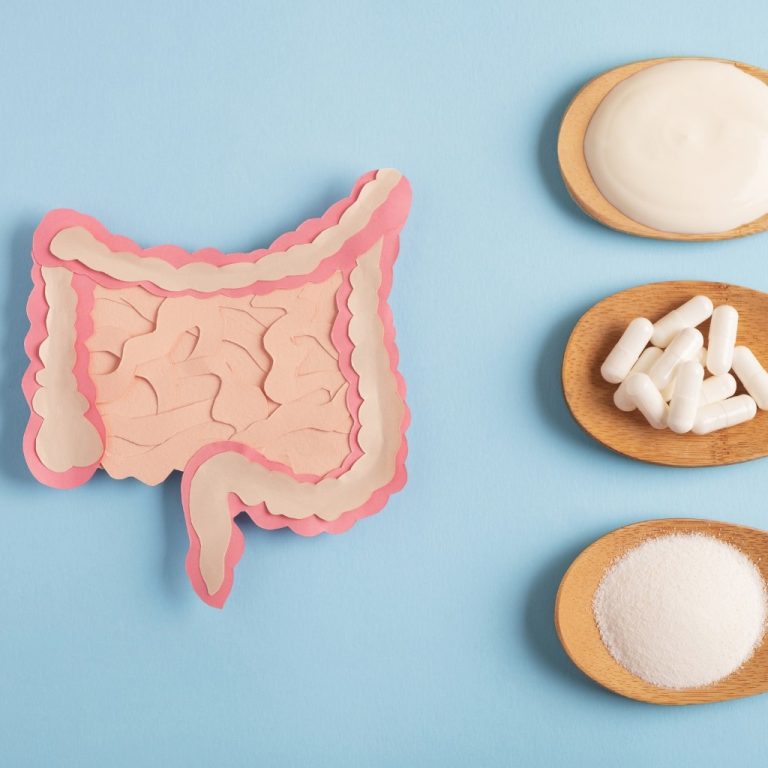Every parent dreams of giving their child a carefree childhood, free from the stresses, fears, and worries that adults face. However, children are not immune to the pressures of everyday life. In fact, according to the DAK Prevention Radar 2023, a survey involving nearly 15,000 children and young people in Germany, one in four young people experiences back pain or headaches at least once a week. Additionally, 23% report suffering from sleep problems multiple times a week.
The covid pandemic, with its contact restrictions and school closures, has taken a significant toll on children’s mental health. Anxiety disorders and depression have risen globally, particularly affecting the youngest members of society. Now, years after those lockdowns, have things improved? Unfortunately, many experts say no. Instead, the concerning statistics on children’s mental health seem to have settled at persistently high levels, indicating that the long-term effects are far from over.
What causes children stress?

Stress, in itself, isn’t inherently negative. When it’s manageable, it can even strengthen resilience, helping us adapt to hectic situations. However, it becomes problematic when it overwhelms a child’s ability to cope. For children, stress often comes from “developmental tasks,” such as transitioning from kindergarten to school or adjusting to social expectations. Other significant sources include critical life events, like parental separation, and constant pressure in daily life from academic performance or extracurricular demands. With parents often modelling packed schedules and high expectations, it’s no surprise that many children feel under pressure. Add to this the major stressors of school—exams, homework, classroom noise, conflicts, and bullying—and it becomes clear why children may struggle.
Parents may not always notice when their child is under psychological strain, as it often manifests physically. Complaints of stomach aches, headaches, nausea, vomiting, or sleep disorders can be early warning signs. Research suggests that boys are more likely to express stress through external behaviors, such as aggression, impulsiveness, or defiance, while girls tend to exhibit internal struggles, including withdrawal, anxiety, depression, or even eating disorders. Recognising these signs early is crucial for addressing their needs.
Symptoms of stress in the body

What exactly happens when we experience stress? The brain triggers a “fight or flight” response in the body, leading to the release of hormones like adrenaline and noradrenaline. These hormones raise heart rate, increase blood pressure, and tighten muscles. The stress hormone cortisol is also released in higher amounts, which can disrupt sleep and lead to cravings for high-calorie foods, such as sweets and fast food. This is why stress and childhood obesity are closely linked. Stress also weakens the immune system, which is why people often get sick during particularly hectic times.
If stress becomes chronic, it can have serious effects on the body. Constantly elevated cortisol levels can damage areas of the brain that are critical for learning and memory, while overstimulating regions linked to emotions and mood. Chronic stress also hampers digestion and affects the balance of our gut microbiome, contributing to a range of health problems over time.
Close connection between gut and brain

There is a constant exchange of information between the brain and the gut through the gut-brain axis, primarily via the vagus nerve. Research has shown that chronic stress can reduce the diversity of the microbiome, our gut’s bacterial ecosystem. Normally, these bacteria produce essential short-chain fatty acids, like butyrate, which provide energy to the intestinal lining. However, under stress, this energy supply is disrupted, causing the tight junctions between the cells of the intestinal lining to weaken—leading to what is commonly known as “leaky gut.” This allows harmful substances, such as pathogens, toxins, and large food molecules, to enter the bloodstream, potentially triggering chronic inflammation, food intolerances, and autoimmune conditions.
Another issue with chronic stress is its role in promoting inflammation throughout the body. In response to acute stress, the adrenal glands release cortisone (glucocorticoids), which typically have pain-relieving and anti-inflammatory effects. But when stress becomes chronic, the body’s inflammatory response worsens, which can negatively affect brain function via the gut-brain axis. Prolonged stress also disrupts the production of key gut hormones, such as the precursor for serotonin (the “happiness hormone”) and melatonin (the sleep hormone), leading to negative effects on mood and sleep patterns.
Special strains of bacteria improve the effects of stress

Conversely, the brain’s stress response can also be positively influenced through the microbiome, as demonstrated in numerous evidence-based studies. One such study found that a probiotic targeting the gut-brain axis significantly improved stress-related symptoms, such as fatigue and mental exhaustion, in participants. Medically relevant probiotics are particularly well-suited to supporting children during challenging times, as they have beneficial effects not just in the gut but throughout the entire body. This holistic impact helps children navigate their daily school life with greater ease and resilience.
Model healthy stress management and a calm demeanour for your child.
Teach your child relaxation techniques, such as exercise, games, or relaxation exercises, to help them unwind.
Make time for meaningful conversations, whether during dinner or as part of the bedtime routine.
Limit screen time to a reasonable amount and encourage your child to explore other activities.
Prioritise good sleep, as it's crucial for stress reduction. Fresh air, daylight, and physical activity help regulate the day-night rhythm.
Encourage plenty of physical activity from a young age—research shows that active children have a significantly lower risk of developing depression as they grow into young adulthood.
Support gut health by maintaining a balanced microbiome, which is closely connected to the brain through the gut-brain axis.



























